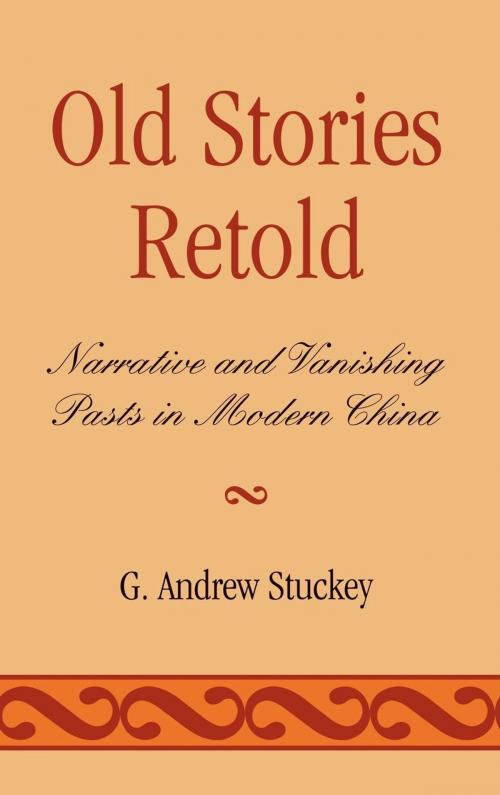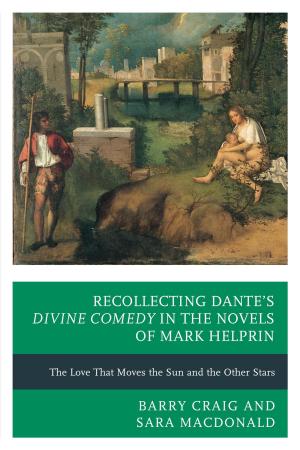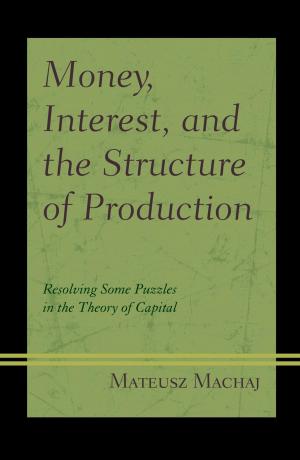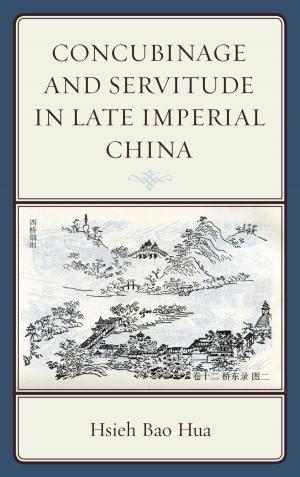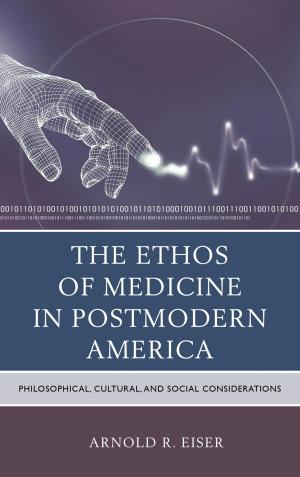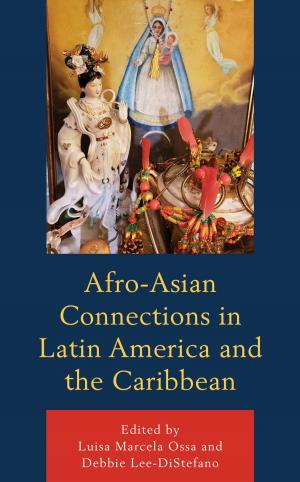Old Stories Retold
Narrative and Vanishing Pasts in Modern China
Nonfiction, History, Asian, Asia, China, Fiction & Literature, Literary Theory & Criticism| Author: | Andrew G. Stuckey | ISBN: | 9781461633952 |
| Publisher: | Lexington Books | Publication: | April 30, 2010 |
| Imprint: | Lexington Books | Language: | English |
| Author: | Andrew G. Stuckey |
| ISBN: | 9781461633952 |
| Publisher: | Lexington Books |
| Publication: | April 30, 2010 |
| Imprint: | Lexington Books |
| Language: | English |
Old Stories Retold explores the ways modern Chinese narratives dramatize and embody the historical sense that links them to the past and to the Chinese literary tradition. Largely guided by Walter Benjamin's discussions of history, G. Andrew Stuckey looks at the ways Chinese narrative engages a historical process that pieces together fragments of the past into new configurations to better serve present needs. By examining intertextual connections between separate texts, Stuckey seeks to discover traces of an “original,” whether it be thought of as the past, history, or tradition, when it has been rewritten in modern and contemporary Chinese fiction. Old Stories Retold shows how the articulation of the past into new historical configurations disrupts accepted understandings of the past, and as such, can be intentionally pitted against modernist historical knowledge to resist the modernist ends that this knowledge is mobilized to achieve.
Old Stories Retold explores the ways modern Chinese narratives dramatize and embody the historical sense that links them to the past and to the Chinese literary tradition. Largely guided by Walter Benjamin's discussions of history, G. Andrew Stuckey looks at the ways Chinese narrative engages a historical process that pieces together fragments of the past into new configurations to better serve present needs. By examining intertextual connections between separate texts, Stuckey seeks to discover traces of an “original,” whether it be thought of as the past, history, or tradition, when it has been rewritten in modern and contemporary Chinese fiction. Old Stories Retold shows how the articulation of the past into new historical configurations disrupts accepted understandings of the past, and as such, can be intentionally pitted against modernist historical knowledge to resist the modernist ends that this knowledge is mobilized to achieve.
